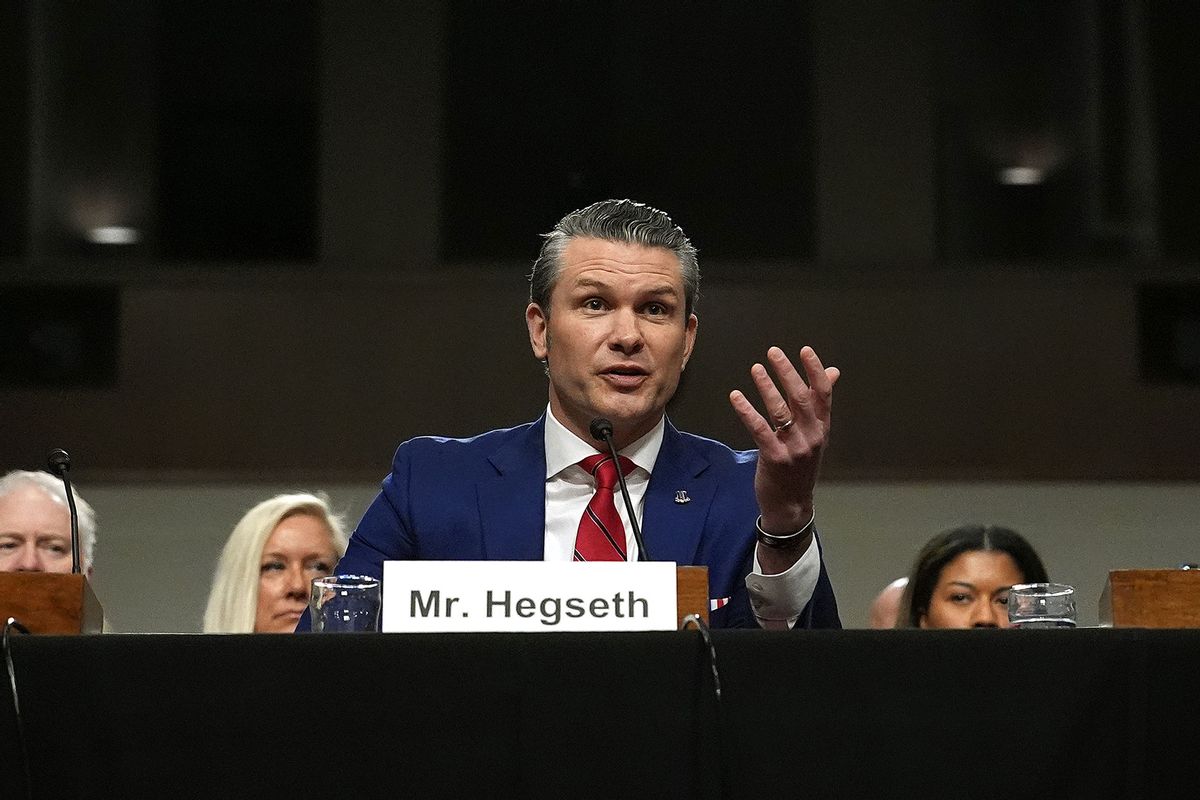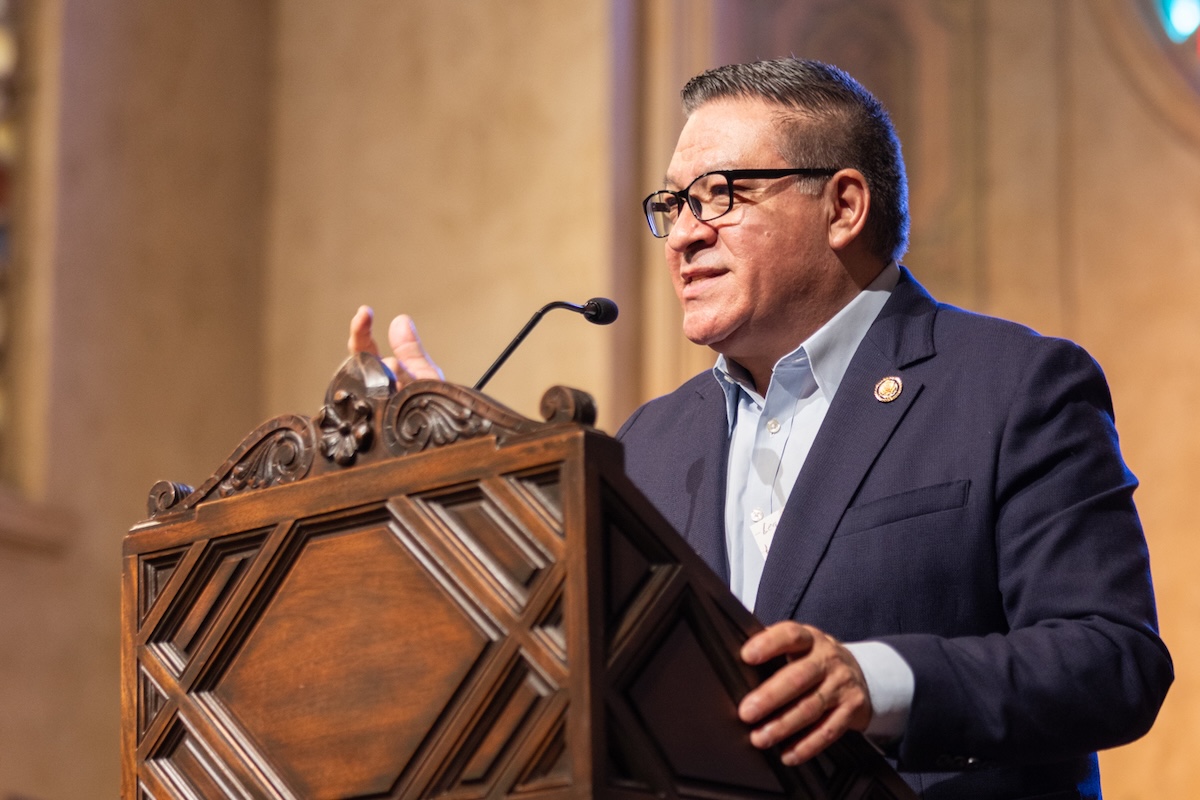South Korea Officially Adopts Hague Convention: A Landmark Step for International Adoptions

South Korea Joins Global Effort to Protect International Adoptions
After years of delay, South Korea has formally ratified the Hague Convention on Intercountry Adoption, a pivotal moment for families and children involved in international adoptions. This landmark decision marks a significant commitment to safeguarding the rights and wellbeing of children seeking permanent homes and the adoptive families welcoming them. The Hague Convention, established in 1993, provides a framework of ethical and legal standards for intercountry adoptions, aiming to prevent abuses and ensure the best interests of the child are prioritized.
Why the Delay and What Does Ratification Mean?
South Korea's ratification process has been protracted, largely due to concerns about maintaining control over adoption procedures and ensuring the cultural preservation of Korean heritage. Previously, South Korea operated under a unique system where adoption agencies played a significant role. Ratifying the Hague Convention means South Korea will now adhere to a standardized, internationally recognized process. This includes stricter requirements for adoption agencies, thorough background checks for prospective adoptive parents, and robust post-adoption support systems.
Benefits for Children and Families
The implications of this ratification are far-reaching. For children awaiting adoption, the Hague Convention offers increased protection against trafficking and exploitation. It mandates comprehensive assessments of the child’s needs and ensures their placement in a stable and nurturing environment. Adoptive families will benefit from a more transparent and accountable adoption process, reducing the potential for fraud and legal complications. The Convention also emphasizes the importance of ongoing support for adoptive families, helping them navigate the challenges and joys of raising a child from another culture.
Impact on Adoption Numbers and Future Outlook
While ratification is a crucial step, it's unlikely to lead to an immediate surge in adoption numbers. South Korea has significantly reduced its adoption rates in recent decades, primarily due to a declining birth rate and changing social attitudes. However, ratification is expected to streamline the adoption process, making it more accessible to eligible families globally. Experts predict that the Hague Convention will create a more equitable and secure environment for international adoptions, fostering trust and collaboration between participating countries.
A Global Standard for Ethical Adoption
South Korea's decision to join the Hague Convention demonstrates a growing global consensus on the importance of ethical and responsible intercountry adoptions. It reinforces the commitment to protecting vulnerable children and ensuring they have the opportunity to thrive in loving and supportive families. This ratification signifies a new era of transparency and accountability in international adoption, benefiting children, adoptive families, and the international community as a whole. The focus remains on prioritizing the child's best interests and providing them with a safe and permanent home, regardless of their origin or the adoptive family's background.





